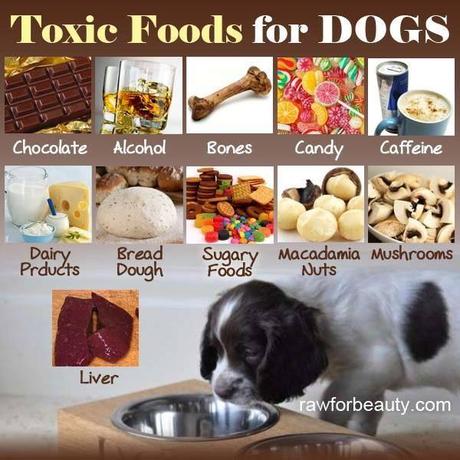
Dog poisoning is one of the accidents you should look out and prepare for. If your dog ingests an unknown substance, it is important to determine whether that substance is a poison. Most products have labels that list their ingredients, but if the label doesn’t tell you the composition and toxicity of the product, call the ASPCA Animal Poison Control Center for specific information. The Poison Control Center has a staff of licensed veterinarians and board-certified toxicologists on call 24 hours a day, every day of the year.
Check out The Rise of Demand for Pet Insurance.
In some cases, you can call the emergency room at your local hospital, which may be able to give you information about how to treat the poison. Specific antidotes are available for some poisons, but they cannot be administered unless the poison is known, or at least suspected by the circumstances. Some product labels have phone numbers you can call for safety information about their products. When signs of poisoning develop, the most important consideration is to get your dog to the nearest emergency veterinary facility at once.

If possible, find the poison and bring the container with you. This provides the emergency personnel with an immediate diagnosis and expedites treatment. If the dog has ingested the substance recently, residual poison is often present in his stomach. An initial and most important step is to rid the dog’s stomach of any remaining poison. The most effective way to empty the stomach is to pass a stomach tube, remove as much of the stomach contents as possible, and then wash the stomach out with large volumes of water. This must be done by your veterinarian.

